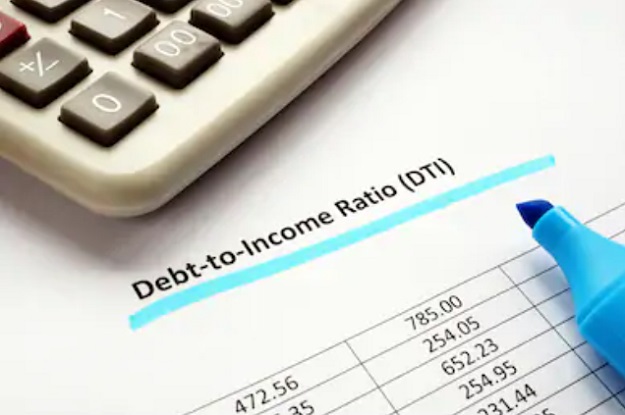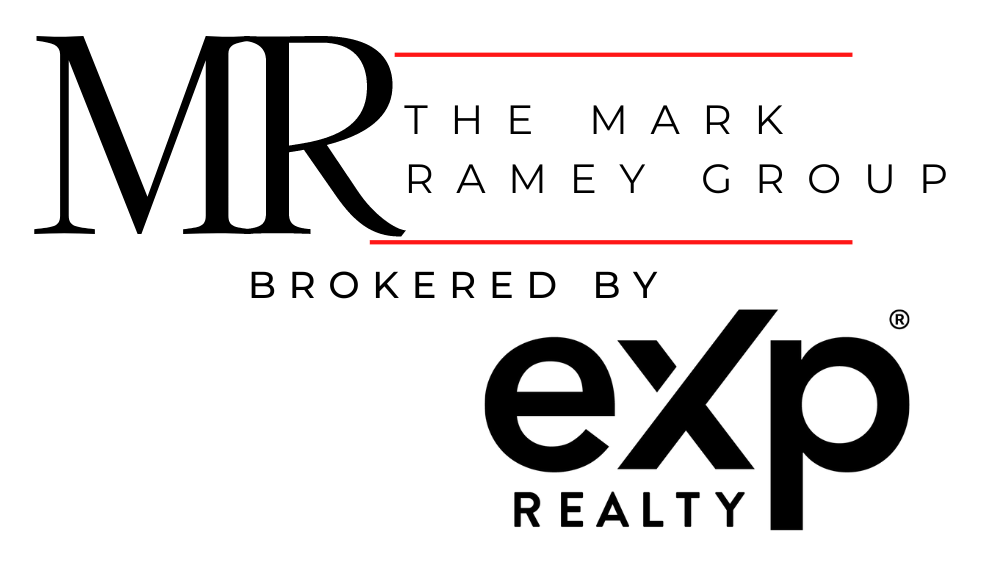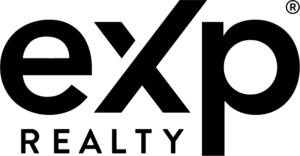Financing your new home’s purchase is likely the most time-consuming and complicated part of becoming a homeowner.
Once you’ve found the right lender, getting approved for a home mortgage loan can take 30-90 days or longer, depending on how prepared you are.
Here are the basics of a home mortgage loan.
Aligning the Right Numbers
To qualify for a home mortgage loan, you need a good credit report, debt-to-income ratio, and substantial cash savings for a down payment and closing costs.
It’s best to refrain from financing any major purchases, such as cars or loans, prior to applying for your home mortgage loan because it affects not only your credit score but also your debt-to-income ratio. Recent financed purchases could signal to a lender that you’re over-extending yourself financially.
Ideally, your credit score should be no less than 620; however, the higher your score, the lower the interest rates you’ll pay. A credit report with a score of 740 or higher is best.

If you have derogatory marks or collections on your credit report, rectify those and get proof of payment in writing. The lender looks at your credit history to see how dependable you’ve been with how you’ve borrowed and repaid money over time.
Your debt-to-income ratio (DTI) is accumulated by adding your monthly expenses and then dividing that number by your monthly income. Lenders look for a DTI, or 36 percent or lower, and typically deny loans with debt-to-income ratios higher than 43 percent.
To lower your DTI, pay off credit cards, loans, or other charges appearing on your credit report. Your debt-to-income ratio gives lenders an opportunity to determine whether or not you can afford the monthly expense of a mortgage payment.
Paperwork
You’ll need to provide documentation for every single source of income and assets, as well as every debt, including student loans.
Be prepared to supply two years’ worth of tax returns, proof of income (paystubs), bank statements, and other important documents.
When you begin to compare lenders, you can ask about what paperwork they’ll require so you can gather what you need before you apply.
Money Matters
Financing the purchase of your home does not mean that you won’t need money out-of-pocket. In fact, you’ll need quite a bit.
As a general rule, lenders require a 20 percent deposit on the amount of the loan. If you’re borrowing $400,000, your cash down payment would be $80,000.
There are some lenders; however, that will lower that amount and special programs available that can assist with your down payment. If you already have an agent, ask for their advice about ways you can lower your down payment.
In addition to the down payment, buyers usually pay closing costs. “Closing costs” is a phrase used to encompass all of the charges and fees associated with your purchase. Your lender determines your closing costs, which is why it’s important to compare lenders first.
Closing costs are generally estimated between two and five percent of the loan amount, which means you’ll need an additional $8,000-$20,000 in closing costs on a $400,000 home.

As with the down payment, there may be a lender who is willing to lower their closing costs and programs available that can lower what you’ll pay.
Another cash expense you’ll have is an earnest money deposit, which you submit with your offer to the seller, along with your pre-approval letter from the financial institution making the loan.
An earnest money deposit, which is held in an escrow account, lets the seller know that you’re serious about purchasing the house. An earnest money deposit is usually one to two percent of the sales price of the home, which could mean you’ll pay between $4,000 and $8,000.
An emergency fund is also a logical idea to avoid being house-poor and also to enable yourself to handle unexpected emergencies.
Shop Lenders
There are large financial institutions, mortgage brokers, credit unions, savings and loans, mutual savings banks, and more.
Without having to run your credit report or formally apply for a home mortgage loan, you can ask for a pre-qualification by supplying basic information.
Along with that inquiry, you’ll receive interest rates, terms, estimated closing costs, and other pertinent information. You can request a pre-approval from as many lenders as you choose.
Some questions to ask lenders include how long is the turnaround time on a pre-approval? What is the required down payment? Are the closing costs negotiable? What are the lender fees I’m responsible for?
Once you find a lender whose rates, terms, and conditions match your criteria, then you can formally apply for pre-approval.
Fixed-Rate, Variable-Rate, and Life of the Loan
You’ll have a few decisions to make when you apply for your home mortgage loan. For example, do you want a fixed rate or a variable rate?
A fixed-rate equals higher monthly payments but never increases, whereas a variable-rate starts with low interest and then raises over time.

You also get to determine the life of the loan. Most lenders offer the option of a 15-year loan with twice the monthly payments or the more popular 30-year loan allowing smaller payments over a longer period of time.
Some home mortgage loans have an early pay-off penalty, so check with your lender to find out if there’s a pre-payment penalty in your contract.
You can also choose to buy points, which is to say you can pre-pay some of the interest to reduce the amount of your payments.
What’s Included in Monthly Mortgage Payments
When you make your monthly mortgage payment, a portion goes toward interest, another toward principal, and also includes payments for property taxes and homeowner’s insurance.
Why Pre-Approval is So Important
Pre-approval for your home mortgage loan empowers you to buy as soon as you find a house you love.
But if you haven’t been pre-approved, your bid may be denied for a buyer who’s already got funding in place. You’re not ready to buy until you’ve been pre-approved for your financing.
Another important benefit to pre-approval is that you know your buying budget. It can be painful to fall in love with a property only to learn you can’t qualify its price-point.
Your Real Estate Agent
If you have the benefit of establishing a relationship with a real estate agent before you’ve started your loan process, the agent may be able to recommend lenders and suggest programs and loan types that could lower your down payment and your closing costs.

Conclusion
There are many layers to applying for a home mortgage loan. Before you start the journey, spend some time with your credit report and examine your debt-to-income ratio.
Make sure you’re financially prepared to pay a large deposit, high closing costs, an earnest money deposit, and a nest egg for emergencies.
Get your paperwork ready first. The longer it takes you to provide the required documentation, the more time it takes for the application to be processed.
Compare lenders for interest rates, closing costs, terms, and conditions – and then use that information to negotiate with lenders in your favor.
Know if you want a fixed or variable interest rate, if you’d like to purchase points to pre-pay interest, and if you want a 15-year or 30-year loan.
Most importantly, trust your real estate agent to advise you about your financing options when buying a house.
Have Questions? Ask The Mark Ramey Group!
The Mark Ramey Group is the best source of information about the local community and real estate topics. Give them a call today at (407) 270-0011. to learn more about local areas, discuss selling a house, or tour available homes for sale.



